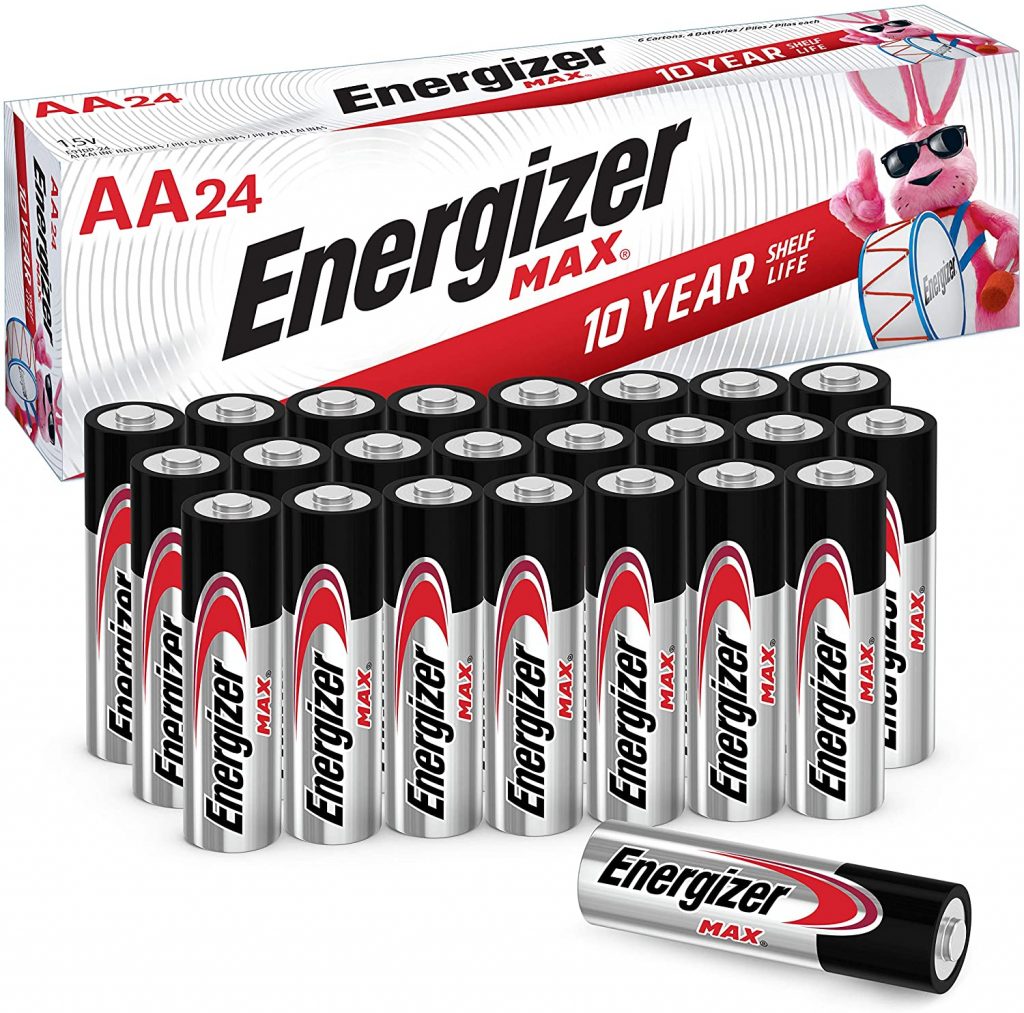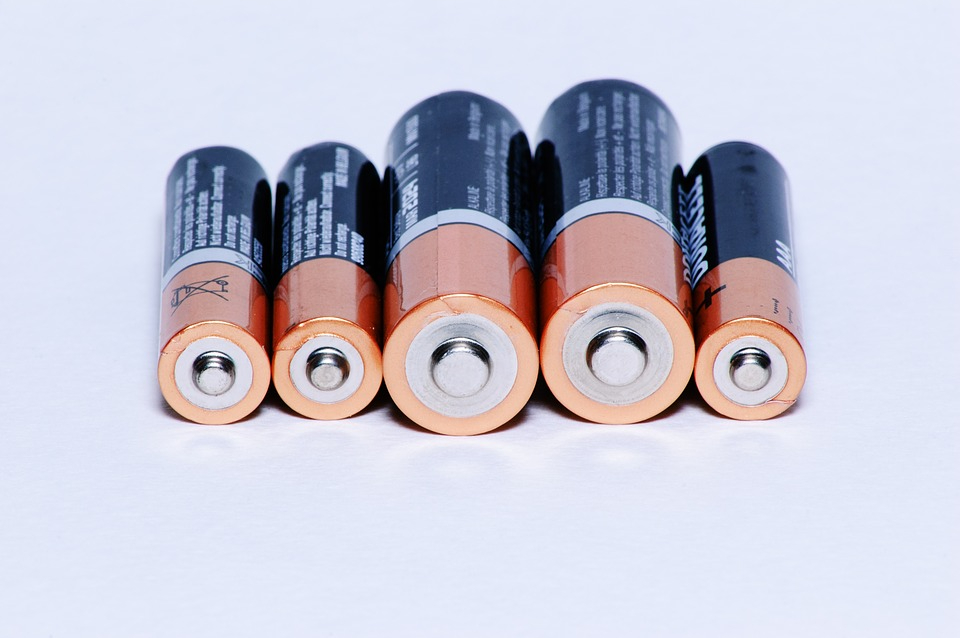A Lack Of Batteries Is Posing A Major National Security Threat?
Find out how not having enough batteries could present major national security risks.
This article is more than 2 years old

Bob Galyen has devoted his professional life to the development of electric vehicle batteries, and he believes that the United States has a problem. Gaylen engineered the battery for the GM EV1, the world’s first mass-produced electric vehicle. He also worked as a chief technical officer of a Chinese company that is the world’s largest battery manufacturer. His combined knowledge and experience have led him to believe that US national security could be at risk.
In the United States, elected officials, automakers, and customers are all enthusiastic about the possibilities of electric automobiles. It is believed that these vehicles will be critical in helping the country fulfill its climate goals. Yet, it’s not enough to simply create and sell electric automobiles or to provide incentives to those who make and buy them. Electric cars, like combustion engines, require batteries, and the metal in those batteries can be just as valuable and difficult to obtain as gasoline. People like Galyen are concerned that the United States isn’t prepared for the switchover or isn’t doing enough to prepare.
According to the Department of Energy, the United States imports nearly 90% of its lithium from Argentina and Chile and provides less than 1% of world nickel and cobalt output. China produces 60% of the world’s lithium and 80% of the world’s cobalt. For electric vehicles, those metals are crucial.
Galyen said he’s had trouble persuading the US to develop a long-term strategy for electric batteries. While trying to persuade the US, he has watched US objectives alter depending on which political party controls the White House. Although the Biden administration has advocated for electric vehicles, mining projects in Arizona and Minnesota that would increase the domestic supply of electric vehicle materials have been stopped. Galyen says the US does not have the raw ingredients or the manufacturing capacity nor enough batteries to support our troops if the wrong country goes to war with America.
According to the battery metals experts, the government has granted subsidies for those purchasing electric vehicles. The government is also giving out money to those who invest in the charging infrastructure, but the mining sector has not received equal help. Mining and its importance to electric vehicles have been largely avoided by the Biden administration. In last year’s State of the Union, Biden mentioned “metallurgy” briefly, identifying it as a “future job.” His administration canceled leases for Twin Metals, a planned nickel mine in Minnesota. Furthermore, Biden stalled a copper mining project in Oak Flat, Arizona, last year that had been pushed by both the Trump and Obama administrations with the help of Congress.

Additionally, a June 2021 White House assessment urged for resilient supply networks and noted the security danger posed by the country’s battery deficiencies. There have been cases of the “resource curse” in the past, in which natural resource richness has resulted in severe consequences for countries, such as corruption, violence, and long-term authoritarian governments. Decades of US policy in the Middle East, for example, have been said to be largely motivated by the region’s vast petroleum supply, with its concomitant support for dictatorships and wars.
Although national security experts have undoubtedly exhibited concerns relating to the supply chain of electric vehicles and the materials used to make the batteries that power them, many of the concerns are overblown. It’s worth noting that national security fears about energy have been hyperbolized before, according to Eugene Gholz, a Notre Dame political science professor who has advised the Pentagon. He thinks it’s going to happen again. He also thinks that electric car adoption poses a minor national security danger, comparable to that posed by the oil supply chain.
China has excellent reasons to allow the United States access to electric vehicle batteries. Its economy would suffer as a result. China also relies on US allies such as Australia and Chile to provide raw battery ingredients for refinement. He sees national security and electric vehicle warnings as a way to get government funds. Gholz went on to say, “We have confidence in very few institutions in the United States. The American people have confidence in the military. If you can say we have to do something to preserve the military, that has political resonance.”











